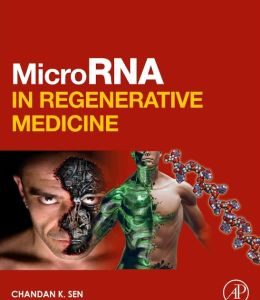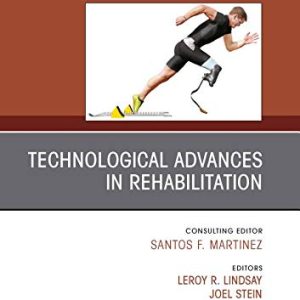The Routledge Handbook on Biochemistry of Exercise, [first ed] 1st Edition
The Routledge Handbook on Biochemistry of Exercise, [first ed] 1st Edition
ISBN-13: 978-0367223830
ISBN-10: 036722383X
Publisher : Routledge; 1st edition (December 28, 2020)
Language: : English
FORMAT:ORIGINAL PDF
$10.99
In stock
From its early beginnings in the 1960s, the academic field of biochemistry of exercise has expanded beyond examining and describing metabolic responses to exercise and adaptations to training to include a wide understanding of molecular biology, cell signalling, interorgan communication, stem cell physiology, and a host of other cellular and biochemical mechanisms regulating acute responses and chronic adaptations related to exercise performance, human health/disease, nutrition, and cellular functioning.
The Routledge Handbook on Biochemistry of Exercise is the first book to pull together the full depth and breadth of this subject and to update a rapidly expanding field of study with current issues and controversies and a look forward to future research directions. Bringing together many experts and leading scientists, the book emphasizes the current understanding of the underlying metabolic, cellular, genetic, and cell signalling mechanisms associated with physical activity, exercise, training, and athletic performance as they relate to, interact with, and regulate cellular and muscular adaptations and consequent effects on human health/disease, nutrition and weight control, and human performance.
With more emphasis than ever on the need to be physically active and the role that being active plays in our overall health from a whole-body level down to the cell, this book makes an important contribution for scholars, medical practitioners, nutritionists, and coaches/trainers working in research and with a wide range of clients. This text is important reading for all students, scholars, and others with an interest in health, nutrition, and exercise/training in general.
Showing 1–12 of 851 resultsSorted by latest
-
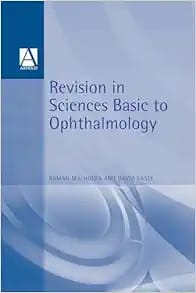
Revision in Sciences Basic to Ophthalmology First Edition
$15.99 Add to cart -
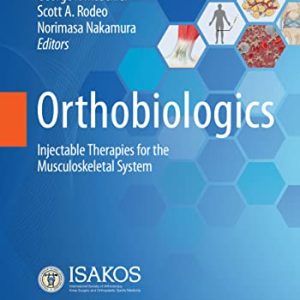
Orthobiologics Injectable Therapies for the Musculoskeletal System First Edition
$7.99 Add to cart -
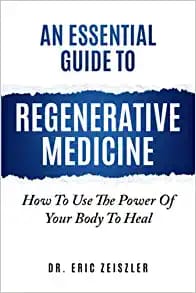
An Essential Guide to Regenerative Medicine How To Use The Power Of Your Body To Heal First Edition
$8.99 Add to cart -

Polysaccharide Hydrogels for Drug Delivery and Regenerative Medicine First Edition
$9.99 Add to cart -

Multiscale Cell-Biomaterials Interplay in Musculoskeletal Tissue Engineering and Regenerative Medicine First Edition
$9.99 Add to cart -
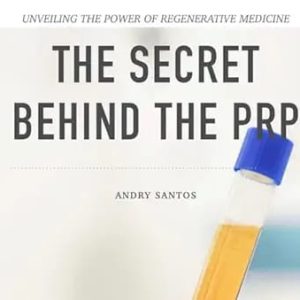
The Secret Behind The PRP Unveiling the Power of Regenerative Medicine First Edition
$9.99 Add to cart -
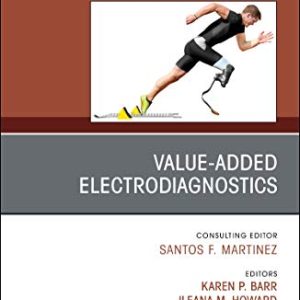
Value-Added Electrodiagnostics An Issue of Physical Medicine and Rehabilitation First Edition
$9.99 Add to cart -
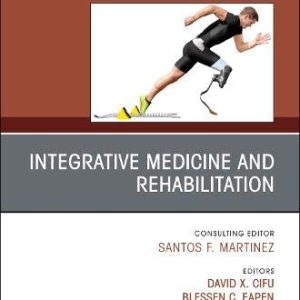
Integrative Medicine and Rehabilitation An Issue of Physical Medicine and Rehabilitation First Edition
Read more -
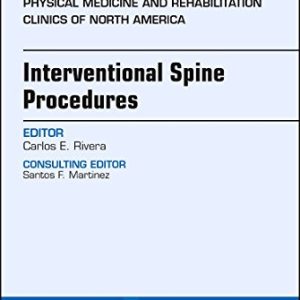
Interventional Spine Procedures An Issue of Physical Medicine and Rehabilitation
$9.99 Add to cart -
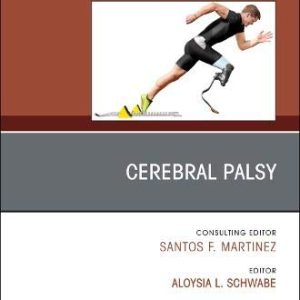
Cerebral Palsy An Issue of Physical Medicine and Rehabilitation First Edition
$9.99 Add to cart

![The Routledge Handbook on Biochemistry of Exercise, [first ed] 1st Edition](https://medicalebooks.org/wp-content/uploads/2020/12/The-Routledge-Handbook-on-Biochemistry-of-Exercise-Routledge-International-Handbooks-1st-Edition.jpg)
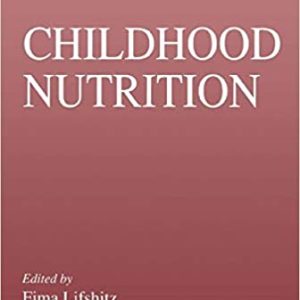
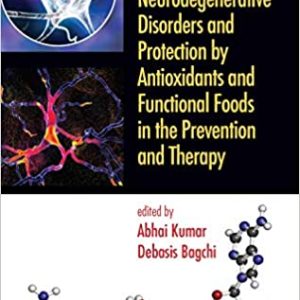
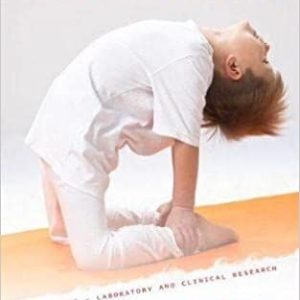
![Nutrition: Concepts & Controversies,16th Edition [PDF plus Testbanks]](https://medicalebooks.org/wp-content/uploads/2022/02/Nutrition-Concepts-Controversies-16th-Edition-300x300.jpg)
